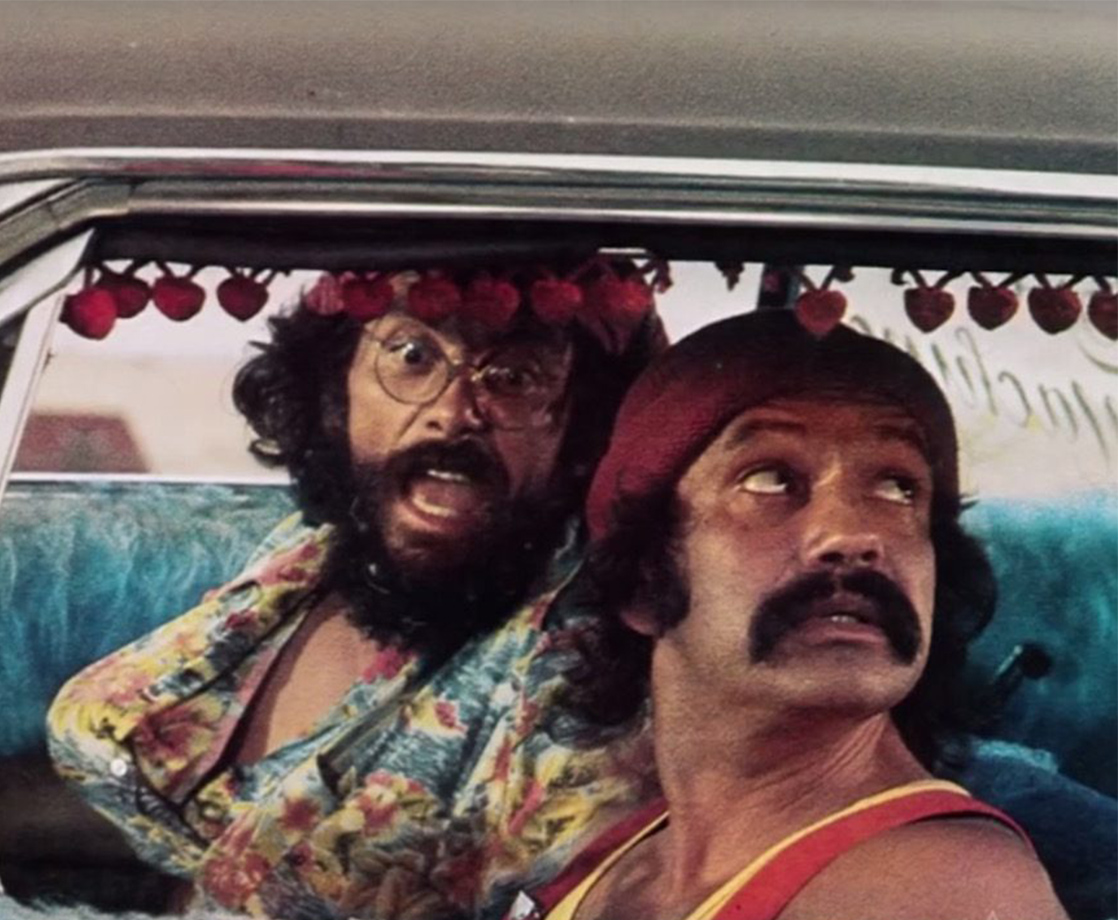Photo via Hannah Burton
Hair follicle tests are one of the most dreaded drug screens — next to blood draws — because they can be incredibly accurate. In many cases, hair follicle tests can detect drugs in someone’s hair for up to a year after they last ingested a substance, making it difficult to pass a drug test.
But are these tests 100 percent accurate? No, they’re not. They’re incredibly difficult, if not impossible, to cheat, but sometimes they produce drug-positive results — even if someone has never touched a drug in their life.
Now, a Virginia-based branch of the National Association for the Advancement of Colored People (NAACP) is claiming that these tests are inherently biased against black Americans due to biology, and the organization wants to raise public awareness that this kind of drug screening unfairly targets people of color.
“The melanin in the dark hair picks up cocaine; it can pick up anything in our environment, smoke — it picks it up quickly whether you use it or not,” the NAACP’s Hampton Branch President, Gaylene Kanoyton, said during a panel on hair follicle testing at the Bethel AME Church.
During the panel, one unidentified woman recounted her story. She was struggling financially, applied for a good-paying job, and was required to take a hair follicle test. Her application was held up because she tested positive for cocaine. She said she’d never done cocaine before. A second test came up negative, but she’d already lost the job opportunity by that point.
Melanin is a pigment molecule found in hair and skin. It’s what gives our skin and hair its darker hues. Black people naturally produce higher amounts of melanin than other ethnicities, so, as the thinking goes, more melanin means a greater chance of catching residual cocaine.
Cocaine residues have become so prevalent in modern society that dollar bills carry trace amounts. In fact, pretty much every dollar in the US contains some cocaine, which is why coke-tainted Benjamins haven’t been admissible as evidence in drug trafficking cases for nearly two decades.
It gets worse when you consider that 10 percent of all sober people — who’ve never, ever done cocaine — have trace amounts of cocaine on their fingertips.
So, it’s easy to see how some tiny amounts of cocaine could end up in anyone’s hair, black or otherwise. Simply touching a dollar bill or shaking hands with someone could transfer some cocaine to the hair follicle, such as when someone runs their fingers through their hair or scratches their head.
But does the NAACP’s claim about melanin and cocaine hold up to the science?
Yes, it does.
Chemists have known since 1929 that melanin has a knack for binding certain drugs like cocaine and methamphetamines more than other drugs. More recently, a 2008 study that compared black-colored hair to aging, “senile white” hair found that black hair trapped over twice as much cocaine than white hair.
“Hair color… appears to affect the accumulation and retention of drugs such as cocaine and phencyclidine [PCP] in hair,” wrote chemists Edward Cone and Robert Joseph, Jr. in a 1996 paper titled “The Potential for Bias in Hair Testing for Drugs of Abuse.”
Cone and Joseph noted that a prior study “reported the concentration of cocaine in black and light brown hair obtained from subjects with self-reported cocaine use. The concentration of cocaine in black hair was greater than brown hair for subjects reporting similar cocaine use.”
And they didn’t stop there:
“Presently, there is mounting evidence which suggests that bias exists in hair testing for drugs of abuse due to selective accumulation of drug by particular hair types.” The researchers also wrote that drugs bind to the hair of people of color more frequently than to the hair of white people.
Hair follicle tests aren’t just unreliable when it comes to cocaine, either. In 2015, German scientists determined that drug metabolites — in this case, THC, the psychoactive component of weed — can spread from person to person through skin contact: the oils containing the drug can transfer to another person’s skin oils, which can easily end up in the hair, producing false positives on a drug test.
Could cocaine also pass from person to person just through skin contact? Yeah, it can. Does this mean we should do away with drug testing altogether? Perhaps. And when employed, drug tests should merely serve as a tool, not as the sole foundation for judging a person’s character based on finicky, inherently flawed test results.
Follow Randy Robinson on Twitter











